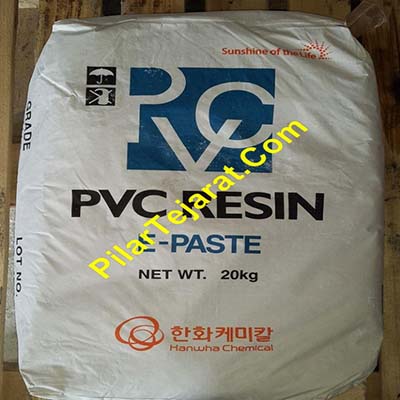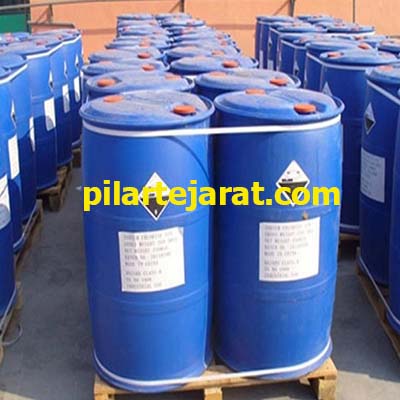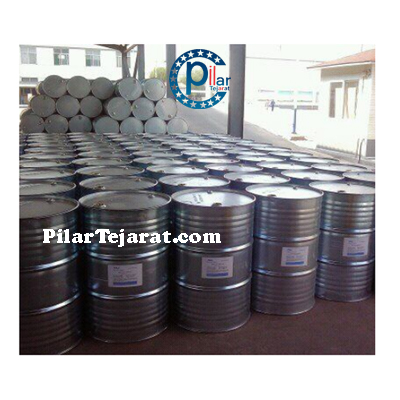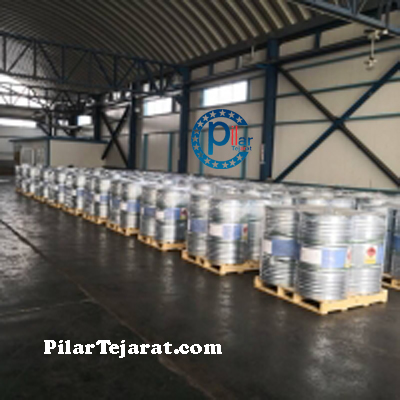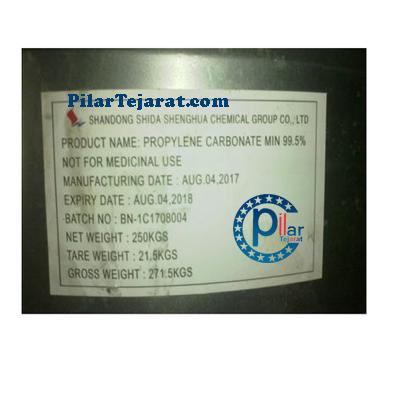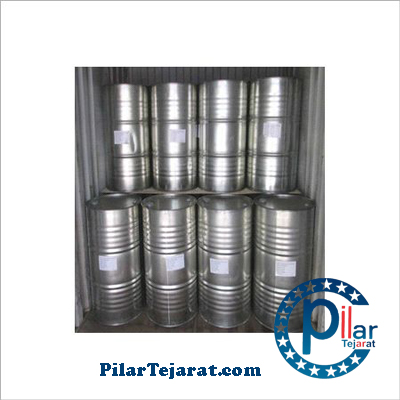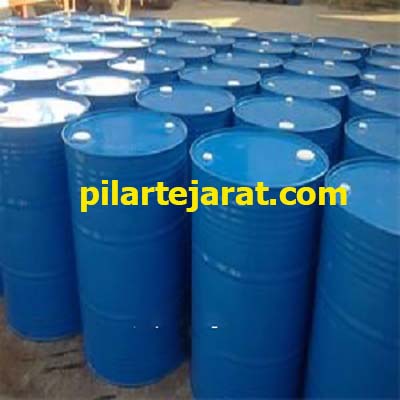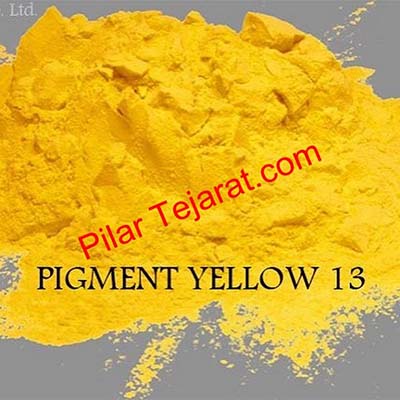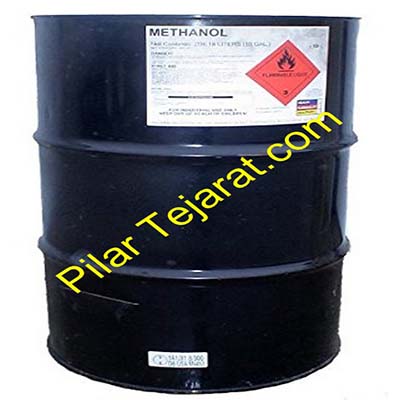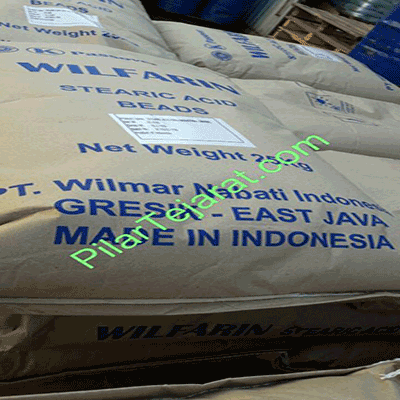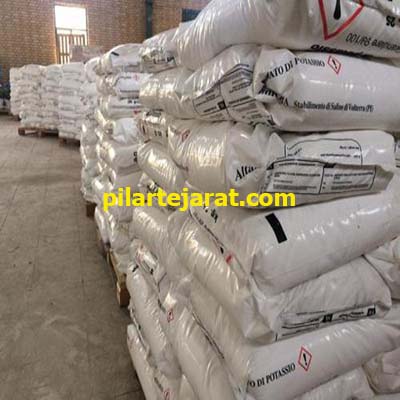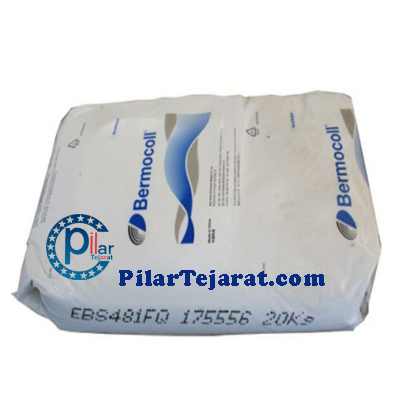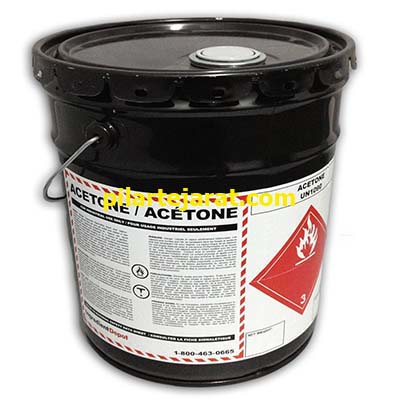Propylene Carbonate is a odorless, with a high boiling point and chemical formula C4H6O3, which evaporates slowly, and can well absorb moisture.
It is a carbonate ester derived from propylene glycol and carbonic acid, which can be synthesized from propylene oxide and CO2. The active light form of this material can also be obtained from the reaction between CO2 and branched epoxides.
Properties of Propylene Carbonate ?
this material is a combination of organic, intermittent, polar, and transparent solvents, which can usually be used as a solvent in combination with other solvents or alone for various applications. It is a circular carbonate that is commonly used as a solvent and as a reactive medium in organic synthesis.
It contains carbonyl groups, a stable, flammable, and crystalline compound that is mostly used as a racemic mixture. It is also considered a potential electrochemical solvent due to its low vapor pressure, dielectric constant, and high chemical stability.
Application of Propylene Carbonate ?
It is used as a polymer, resin, fiberglass, polyurethane, polyester cleaner, as a solvent in epoxy resins, castings, wire coatings, pesticides, wood products, to remove carbon dioxide from natural gas and … is also used. It is also used in nail polish removers, cosmetics, for example in lipsticks, eye shadows and eyelashes, and in the production of various types of adhesives.
this material is also being used to sweeten oil and gas, as it is a great alternative to dangerous and expensive products, including methyl diethanol amine. It is also odorless compared to acetone and does not dry out the skin. So it is a great alternative to acetone to remove nail polish.










